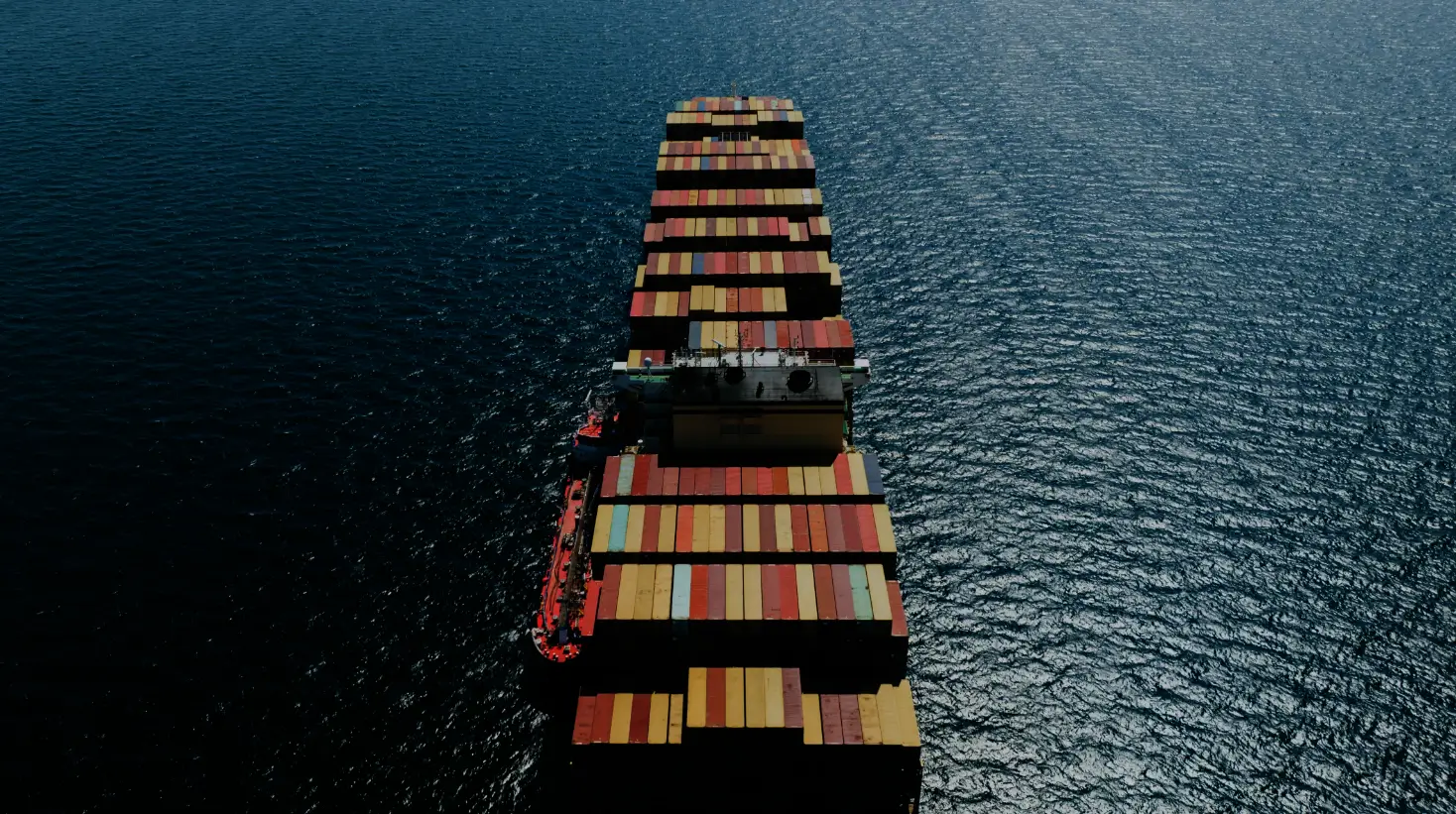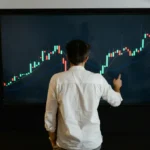Introduction
Trade has always supported civilizations, with the Mediterranean Sea functioning as one of the most important trucking routes in history. What was the impact of enhanced trade with the Mediterranean in ancient times and the contemporary world? Trade in the Mediterranean shaped ancient civilizations, and later empires took advantage of it while the world grew and spread ideas and technologies. The Mediterranean trade reshaped societies across Europe, Africa, and Asia.
This article will analyze the trade expansion’s impact on the economy, culture, and politics. In addition, you’ll learn about the influence of historical trade patterns on contemporary global trade.
The Historical Roots of Mediterranean Trade
Why Was the Mediterranean a Trade Hub?
The Mediterranean Sea was a natural crossroads for commerce because of its geographical location and natural resources. It was surrounded by Europe, Africa, and Asia, serving as a link to different civilizations.
Here are some of the factors that boosted Mediterranean trade:
- Navigable waters—The Mediterranean trade was calm and safer compared to the Atlantic
- Strategic location—Egypt, Greece, Rome, and Phoenicia were major civilizations.
- Resource diversity—Regions traded olive oil, grain, spices, silk, and precious metals.
Major Mediterranean Trade Empires
Several civilizations dominated Mediterranean trade at different times:
| Empire | Key Contributions |
| Phoenicians | Spread the olive oil and wine trade and develop coinage. |
| Ancient Greeks | Spread olive oil and wine trade, developed coinage. |
| Romans | Preserved trade networks after Rome’s fall linked Europe and Asia. |
| Byzantines | Preserved trade networks after Rome’s fall, linked Europe and Asia. |
Effects of Growing Mediterranean Trade on the Economic Growth of Urban Centers
Rich port cities grew as a result of increased trade:
- Egypt’s Alexandria developed as a center for papyrus and grain.
- Venice, Italy, controlled the medieval spice and silk trade.
- Byzantium’s Constantinople is a vital bridge between the East and the West.
According to historian Fernand Braudel, “The Mediterranean was not just a sea but an economic world-system.”
Introduction of New Goods and Technologies
Trade brought to inventions like:
- currency systems, which made trade easier by standardizing coinage.
- Agricultural practices: Middle Eastern irrigation systems were used.
- Navigational aids: The astrolabe made maritime travel easier.
Cultural and Political Consequences
Spread of Ideas and Religions
Mediterranean trade wasn’t just about goods—it also exchanged knowledge:
- Philosophy & Science—Greek ideas reached the Islamic world and Europe.
- Religions—Christianity and Islam spread along trade routes.
Rise and Fall of Empires
Control of trade routes determined political power:
- Securing grain supplies from Egypt was essential to Rome’s supremacy.
- By taxing the Silk Road commerce, the Ottoman Empire increased its riches.
Modern Parallels: Lessons from History
How Ancient Trade Influences Today’s Economy
The Mediterranean is where many contemporary commerce ideas first emerged:
- Tyre and other ancient port towns are modeled after free trade zones.
- Global supply systems echo the spice and silk routes.
Case Study: The EU’s Mediterranean trade policies continue historical patterns by fostering regional cooperation.
Key Takeaways and Actionable Insights
- Study historical trade routes to understand modern globalization.
- Invest in trade hubs—cities with strong maritime links still thrive.
- Diversify resources like ancient empires did to sustain growth.
Conclusion
There are important lessons for the modern global economy to be learned from the way that growing commerce with the Mediterranean impacted history. From prehistoric traders to contemporary decision-makers, commerce continues to be a catalyst for advancement.








